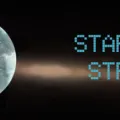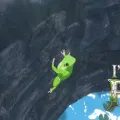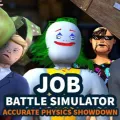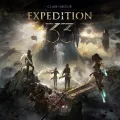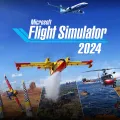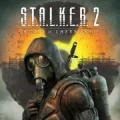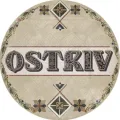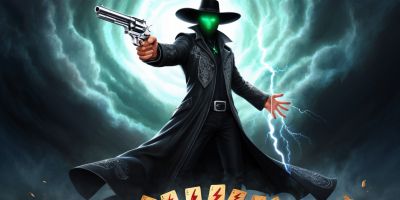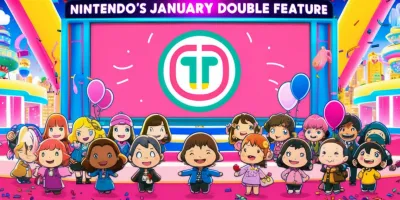The Moral Dilemma of AI in Voice Acting: Doug Cockle's Perspective
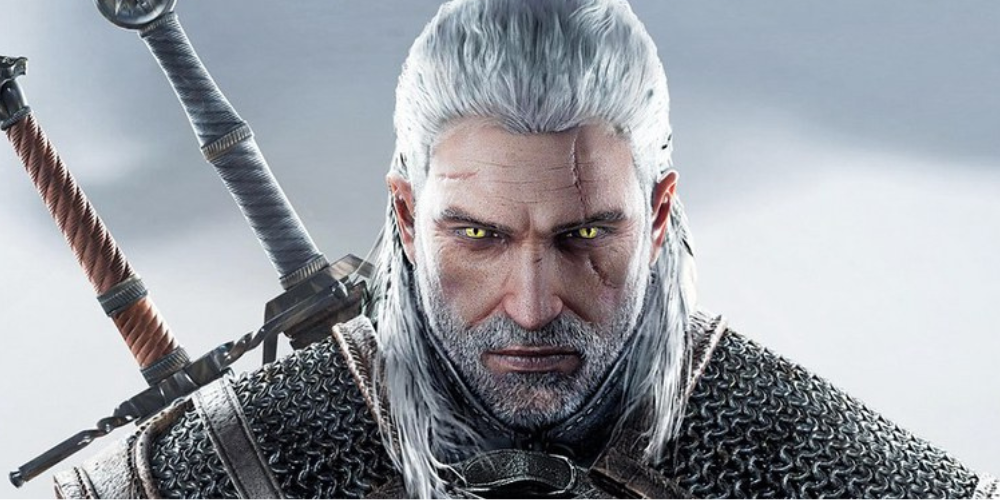
As the march of technology forges ahead, it brings with it a host of revolutionary advancements - and a bevy of ethical conundrums. Among those at the forefront of this debate is Doug Cockle, renowned for breathing life into the character Geralt of Rivia from The Witcher series. Cockle recently shared his thoughts on the burgeoning role of artificial intelligence within the gaming industry. His stance is clear: AI's integration is not a matter of if but when, and with it comes an array of pitfalls we must navigate carefully.
Cockle spotlights the troubling practice of AI usurping the role of voice talents, a trend symptomatic of a deeper disdain for the human undertones of creativity. Developers are increasingly relying on AI to fill in the vocal landscapes of games—areas once exclusively human. The crux of the issue doesn't rest solely on the technology but on the potential misuse of one's digitized voice. According to Cockle, using a voice to fabricate statements never uttered by the individual poses grave ethical questions.
The implications of AI's misdirection strike at the heart of voice actors, whose livelihoods are undermined each time an AI-generated voice diminishes the need for their talent. For Cockle, this isn't an abstract concern; it's a lived experience of having his voice unlawfully replicated, an infringement that's both personal and professional. Despite awareness of the technology's benefits, the potential for malicious use - such as creating divisive or harmful content - is a chilling prospect for which AI could be an unwitting accomplice.
Throughout his experiences and observations, Cockle has noted a significant shift in audience engagement with voice actors as they gain prominence behind iconic characters. The transformation has been double-edged: heightened recognition has meant the personal association with their voices has intensified, making AI replicas more intrusive. This shift in player interest accentuates voices as an irreplaceable signature of the actor, heightening the stakes of AI replication.
In his candid reflection, Doug Cockle captures the paradox of AI within voice acting—an innovation that beckons with its endless possibilities yet looms with ethical uncertainties. As we ponder the role of AI in gaming and wider society, his words serve as a poignant reminder of the values at play. The inevitable marriage of technology and creative expression demands a thoughtful examination of where we draw the line between progress and the essence of human artistry.

